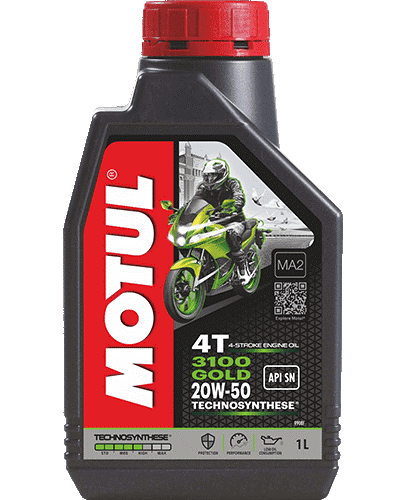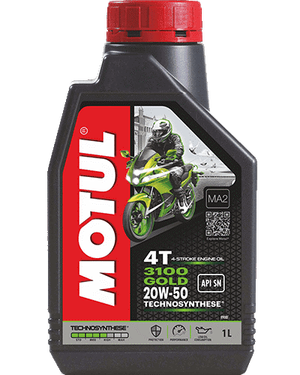-
 Find in Members
Find in Members Find in Videos
Find in Videos Find in Channels
Find in Channels
This website uses cookies to ensure you get the best experience on our website.
To learn more about our privacy policy Click herePrivacy Preference
- Tags - #engine oil #engine oil price #best engine oil for bike
-
- Last updated Mar 24 0 comments, 36 views, 0 likes
- India - Get Directions
More from Yuvraj Singh
More in Politics
Related Blogs
Archives
The Science Behind Engine Oil: Understanding Viscosity and Additives
Body

What is Viscosity and Why Does It Matter?
Viscosity refers to an oil’s resistance to flow. It is a key factor in determining how well the oil can protect the engine under different conditions. Engine oils are rated using a two-number system, such as 20W50. The first number, followed by a "W" (for winter), indicates the oil's performance at low temperatures, while the second number represents its viscosity at high temperatures.
- Low-viscosity oils flow more easily and are ideal for colder climates.
- High-viscosity oils, like 20W50 engine oil, provide better protection at higher temperatures and under heavy loads.
Choosing the right viscosity ensures optimal lubrication and prevents engine wear, particularly in extreme riding conditions.
The Role of Additives in Engine Oil
Modern engine oils contain a variety of additives that enhance their performance. These chemical compounds help protect the engine and improve the oil’s effectiveness. Some of the most common additives include:
- Detergents and Dispersants: Prevent sludge buildup and keep engine components clean.
- Anti-Wear Agents: Reduce metal-to-metal contact, extending engine life.
- Viscosity Index Improvers: Maintain stable oil performance across varying temperatures.
- Antioxidants: Prevent oil breakdown due to heat and oxygen exposure.
Technosynthese bike engine oil, for instance, blends synthetic and mineral oils with advanced additives to ensure superior performance and protection.
How to Choose the Right Engine Oil for Your Bike
Selecting the right oil depends on several factors:
- Manufacturer Specifications: Always follow the recommendations for viscosity and formulation.
- Riding Conditions: Frequent stop-and-go traffic, long-distance riding, or extreme weather conditions require different oil properties.
- Oil Change Intervals: High-quality oils may allow for extended change intervals, reducing maintenance frequency.
Final Thoughts
Understanding the science behind engine oil helps riders make informed decisions about their bike’s maintenance. While engine oil price varies based on quality and formulation, investing in high-performance lubricants like 20W50 technosynthese bike engine oil ensures superior protection and efficiency.
Motul Indiaoffers a wide range of premium motorcycle engine oils designed to enhance performance and longevity. Explore the latest innovations in lubrication technology and keep your engine running smoothly with Motul India!
Photos
Map
-
Locations on MyWorldGo
Location Information
- Location: India - Get Directions
- Formatted Address: India
- Country: India








Comments